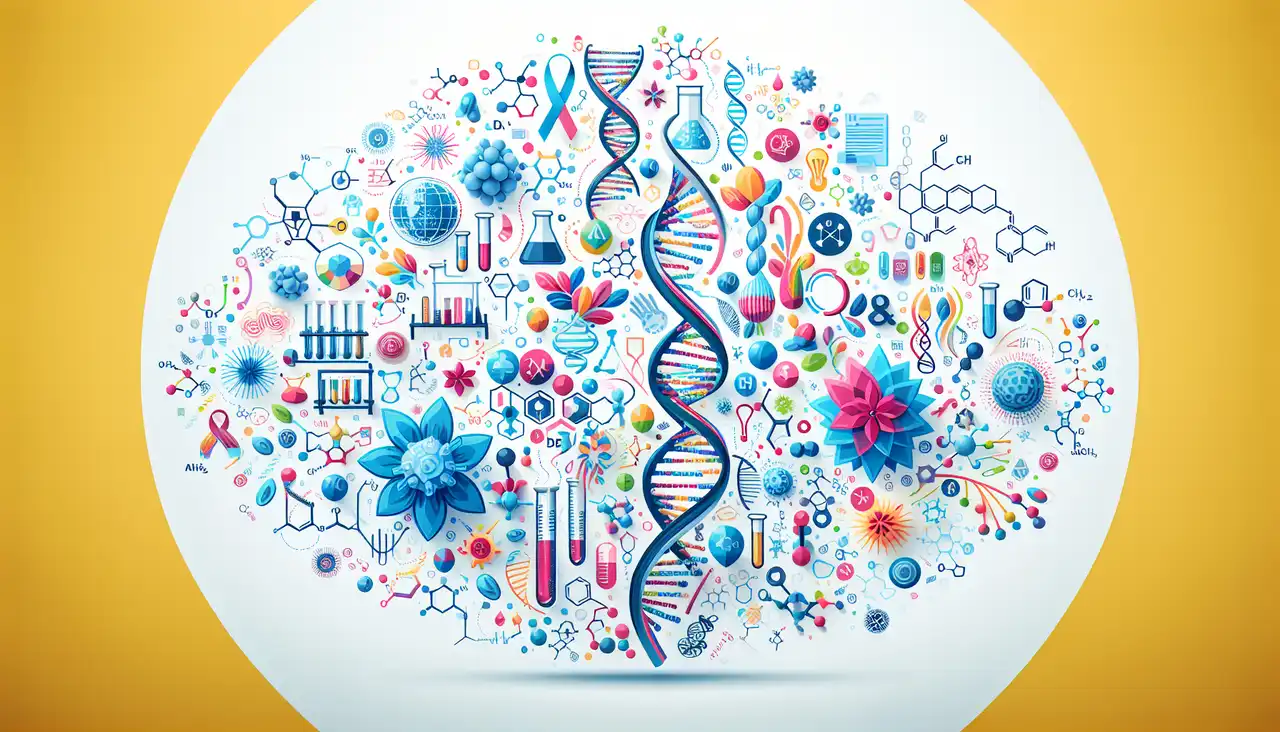

Dongshan Yang
Dr. Dongshan Yang is a distinguished research assistant professor at the University of Michigan Medical School, with an impressive two-decade-long career in the field of genetic engineering, particularly focusing on large animals as models for human diseases. His expertise spans a wide array of techniques, including embryo manipulation, genome editing, and advanced cell and molecular biology methods. Dr. Yang has been pivotal in advancing the efficiency of transgenic, gene knock-out, and knock-in technologies in animal models. A pioneer in his field, Dr. Yang was the first to successfully implement Zinc Finger Nuclease technology for pig genome editing and CRISPR/Cas9 technology for rabbit genome editing. His groundbreaking work has led to the creation of over 40 gene knock-out and knock-in rabbit models that are instrumental in studying a variety of human diseases, such as eye disorders and neurodegenerative conditions. These models have significantly contributed to the understanding and potential treatment of these diseases. Dr. Yang's current research is centered on the development of innovative gene-editing therapies, leveraging the animal models he has meticulously developed. His work aims to translate these findings into therapeutic strategies that can be applied to human medicine, thereby bridging the gap between basic research and clinical application. Throughout his career, Dr. Yang has been committed to pushing the boundaries of genome engineering, continually seeking to refine and improve the methodologies used in genetic research. His contributions have not only advanced the field of genetic engineering but have also provided invaluable insights into the genetic basis of human diseases. In addition to his research, Dr. Yang is actively involved in mentoring the next generation of scientists, sharing his knowledge and expertise with students and colleagues alike. His dedication to both research and education underscores his commitment to advancing science and improving human health through innovative genetic research.